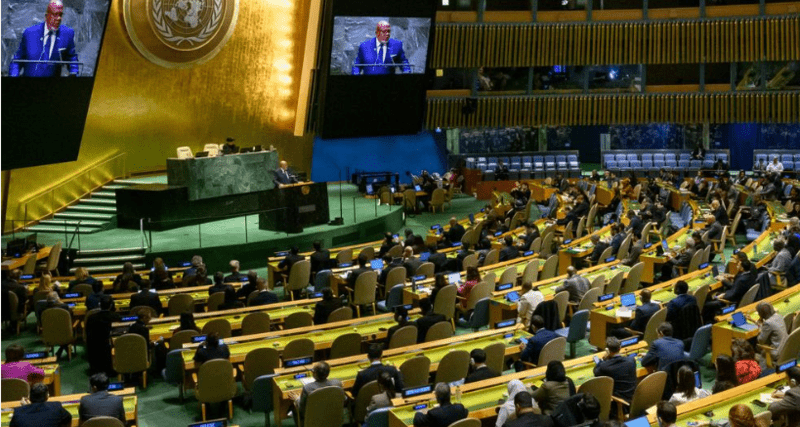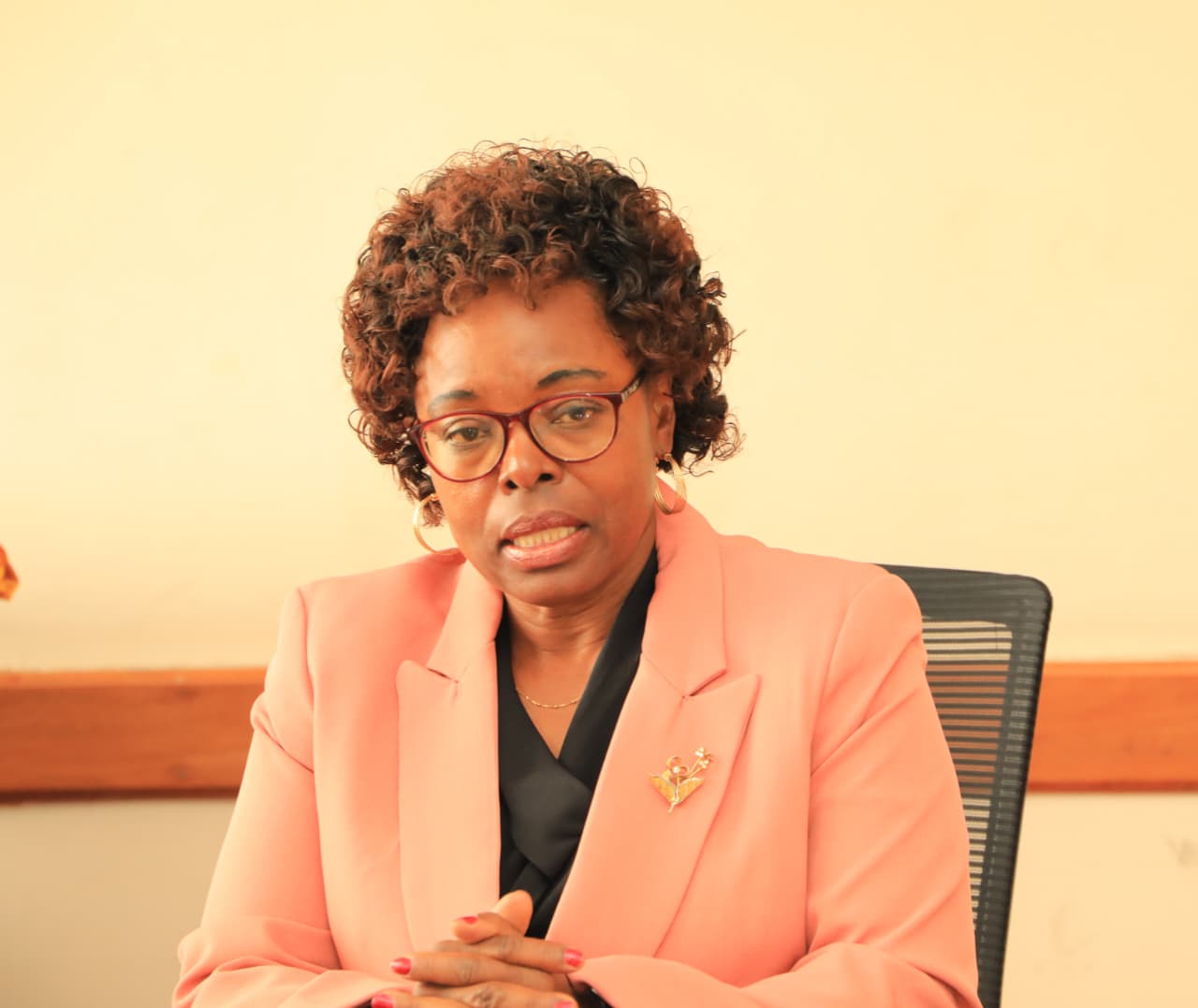Explainer: What is the UN General Assembly and details of what is discussed there

The UN General Assembly convenes every September for monthslong deliberations on challenges collectively facing humanity.
The United Nations General Assembly will mark its 80th edition from Tuesday, September 9, amid a challenging period of international relations.
The General Assembly is the primary deliberative body of the United Nations and, in effect, of global diplomacy.
More To Read
- António Guterres sounds alarm over worsening global refugee crisis
- South Sudan grounds UNMISS aircraft over spy gear and smuggling allegations
- Millions of hectares are still being cut down every year. How can we protect global forests?
- UN urges Ethiopia and Eritrea to respect border pact amid rising tensions
- Gaza faces humanitarian disaster with thousands trapped in flooded camps
- UN warns human rights face growing threats worldwide in 2025 as funding for activists falls
This year's session will comprise delegations from all 193 UN member states, which all have equal representation on a "one state, one vote" basis.
Unlike other UN bodies, such as the Security Council, this means all members have the same power when it comes to voting on resolutions.
It is also the only forum where all member states are represented.
What is discussed at the General Assembly?
There is a broad agenda that is discussed at every General Assembly that typically includes issues revolving around economic, social, security and environmental policy.
Among the wider discussions are also several standalone events. These include summits on climate and the global economy and updates on progress towards the Sustainable Development Goals, which were adopted by the UN in 2015 as a call to action to end poverty and protect the planet.
This year will also see the launch of a new dialogue on AI governance.
Although the General Assembly aims to bring together all member states to find common ground, it always takes place against the backdrop of current global affairs. This year, this includes major ongoing conflicts such as the war between Russia and Ukraine and Israel's offensive in Gaza.
Recent editions have also occurred against democratic backsliding across some regions of the world.
"There is a general backlash of democracy in several states," Diana Panke, a professor of International Relations at the Free University of Berlin, told DW.
"This is one aspect that makes the [General Assembly] dynamic, kind of difficult or challenging."
Shifting priorities and power dynamics, like the rise of China and its growing list of supportive allies through its expansive Belt and Road initiative, as well as the increasingly reclusive approach to international bodies by the US under the current Trump administration, could also influence proceedings and the final wording of resolutions.
Who runs the General Assembly?
Each year, a new president of the UN General Assembly is elected from one of the five geographic groups represented in the body.
The president is responsible for opening and closing debates, as well as facilitating discussion and regulating speaking time.
This year's president is former German Foreign Minister Annalena Baerbock, who was elected in June and will take office this month.
Top Stories Today













































